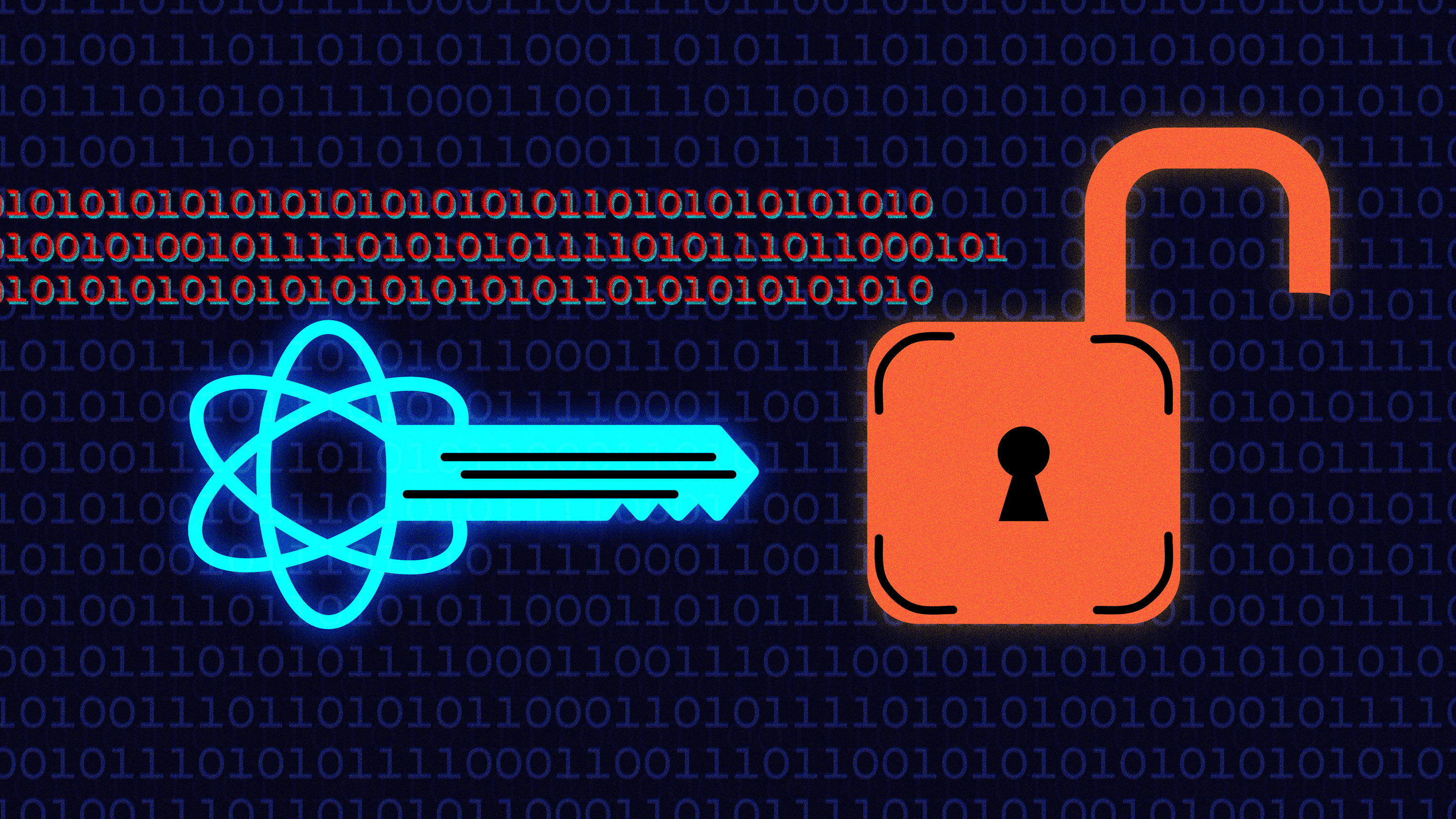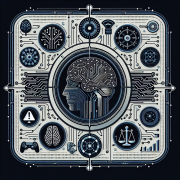SEALSQ: Leading the Way in Post-Quantum Cryptography and Semiconductor Tech in the US
“`html
SEALSQ to Pioneer Post-Quantum Cryptography with New OSAT Center in the US
As the founder of DBGM Consulting, Inc., with extensive experience in artificial intelligence and cloud solutions, the announcement by SEALSQ Corp regarding its plans to establish an Open Semiconductors Assembly and Test (OSAT) Center in the United States strikes a particular chord with me. This bold move not only emphasizes the importance of semiconductor technology in today’s digital age but also shines a spotlight on the integration of artificial intelligence and post-quantum cryptography methodologies within this sector.
The Essence of SEALSQ’s Initiative
SEALSQ’s initiative to open a US-based OSAT is no small feat; it is a calculated step towards significant advancements in the semiconductor industry. By incorporating testing services such as the wafer test and final test, along with assembly services for QFN, BGA, WLCSP, and more, SEALSQ is gearing up to redefine the standards of semiconductor technology.
Furthermore, SEALSQ is leveraging Public-Private Partnerships (PPP) for the development of Semiconductor Personalization Centers using the cutting-edge RISC-V technology. This technology allows for the local creation of chips, adhering to the highest security standards and certifications from the likes of Common Criteria and NIST.
Integrating Post-Quantum Cryptography and AI in Semiconductors
The fusion of SEALSQ semiconductors with post-quantum cryptography (PQC) and AI technology paves the way for a new era in the semiconductor field. The urgency for quantum-resistant cryptographic capabilities has never been more pronounced, especially with the looming threat of quantum computing, which could render traditional encryption methods obsolete.

PQC aims to secure communications against the computational brute force of quantum computers. The incorporation of PQC into semiconductor architectures, via methods like lattice-based and hash-based cryptography, ensures that encrypted data is safeguarded against potential quantum computing threats. When combined with the adaptive intelligence of AI, these semiconductors are not just quantum-resistant but also capable of real-time threat adaptation, optimizing performance and efficiency autonomously.

Global Push for Semiconductor Security and Supply Chain Resilience
The global landscape is currently ripe with initiatives aimed at bolstering semiconductor supply chain resilience. The US, through the International Technology Security and Innovation (ITSI) Fund established under the CHIPS Act of 2022, and the EU with its Chips Act, are investing heavily in the development and secure diversification of semiconductor networks. These steps underscore the strategic importance and national security implications tethered to semiconductor supply control.
![]()
Looking Forward
With its forward-looking statements, SEALSQ Corp illustrates a roadmap filled with optimism and challenges alike. The success of integrating PQC and AI into semiconductor architectures will not only herald a new era for digital security but also demonstrate a significant leap in technological advancement. As we venture into this promising yet uncertain future, the importance of innovations such as those proposed by SEALSQ cannot be overstated—showcasing the imperative of adapting to emerging threats while enhancing operational efficiency.
For more insightful discussions on artificial intelligence, quantum computing, and the future of technology, visit my personal blog at https://www.davidmaiolo.com.
Focus Keyphrase: Post-Quantum Cryptography
“`









Leave a Reply
Want to join the discussion?Feel free to contribute!